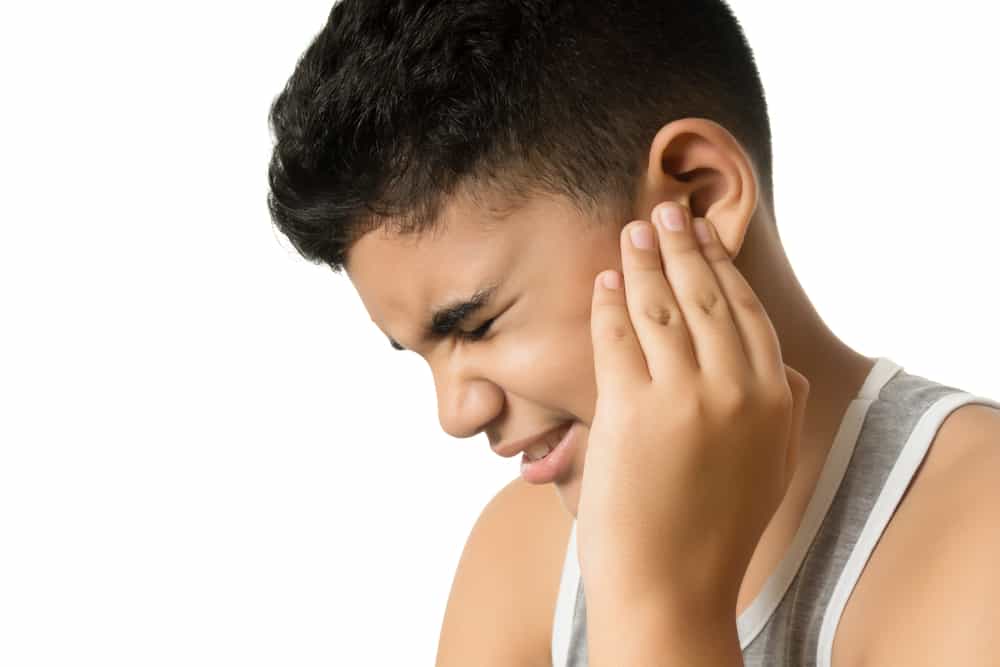Contents:
- Medical Video: Ear Problems & Infections : How to Drain Inner Ear Infection
- Medication for ear infections from doctors
- Antibiotics
- Pain and decongestant relievers
- Home care for treating ear infections
- Compress the ears with warm water
- Gargle with salt water
Medical Video: Ear Problems & Infections : How to Drain Inner Ear Infection
Pain from ear infections (internal otitis) can interfere with your daily activities. Not to mention also having to deal with fluids that occasionally seep out of the ear hole. Ear infections are usually caused by bacteria or viruses, so treatment cannot be arbitrary. Here are some of the ear infections commonly prescribed by doctors, plus home treatments that you can try to speed up healing.
Medication for ear infections from doctors
Treatment for ear infections is usually adjusted based on the cause, age, and severity of the infection. The following are various drugs commonly prescribed to treat ear infections, namely:
Antibiotics
The doctor will give drinking antibiotics for ear infections caused by bacteria. Antibiotics are given to treat ear infections in:
- Children aged 6 months and over who experience moderate to severe ear pain in one or both ears. The pain has also lasted for less than 48 hours and has increased body temperature to more than 39ºC.
- Children aged 6 to 23 months with mild ear pain in one or both ears that has lasted for less than 48 hours and body temperature is still below 39º Celsius.
- Children aged 24 months and up to adulthood with mild ear pain in one or both ears. The pain has lasted for less than 48 hours and the body temperature is below 39 degrees Celsius.
Antibiotics must be taken according to the dose and spent until the doctor's deadline. In addition to oral medications, doctors can also prescribe antibiotic drops to treat infections of the outer ear.
If it is caused by a viral infection, the doctor will give an antiviral ear infection medication to treat the symptoms.
Pain and decongestant relievers
In some cases, ear infections can be caused by other diseases such as flu or allergies. If it is caused by flu or other respiratory disease, you can use over-the-counter pain relievers, such as paracetamol and ibuprofen, to help relieve the pain that results from inflammation in the ear.
If an ear infection results from an allergic reaction, you can use decongestants or antihistamines such as pseudoephedrine or diphenhydramine (Benadryl). Although these drugs can be purchased without a doctor's prescription, try to consult a doctor before drinking it. Toddlers who have ear infections should not be given these drugs.
Home care for treating ear infections
Besides doctor's medication, you can also relieve symptoms of ear infections by:
Compress the ears with warm water
Compressing the ears with the help of warm water can help relieve pressure and pain. Soak the clean washcloth in warm water and squeeze the remaining water. Paste it for a maximum of 20 minutes above the affected ear.In addition to cloth washcloths or towels, you can also use cotton to stick to the outer ear hole.
Gargle with salt water
Salt water can help relieve sore throat due to ear infections. Not only that, rinsing with salt water also helps clear the blocked ear canal due to excessive mucus production.
Try to keep your sense of hearing clean and keep your ears dry to prevent them from becoming infected with bacteria and viruses.












